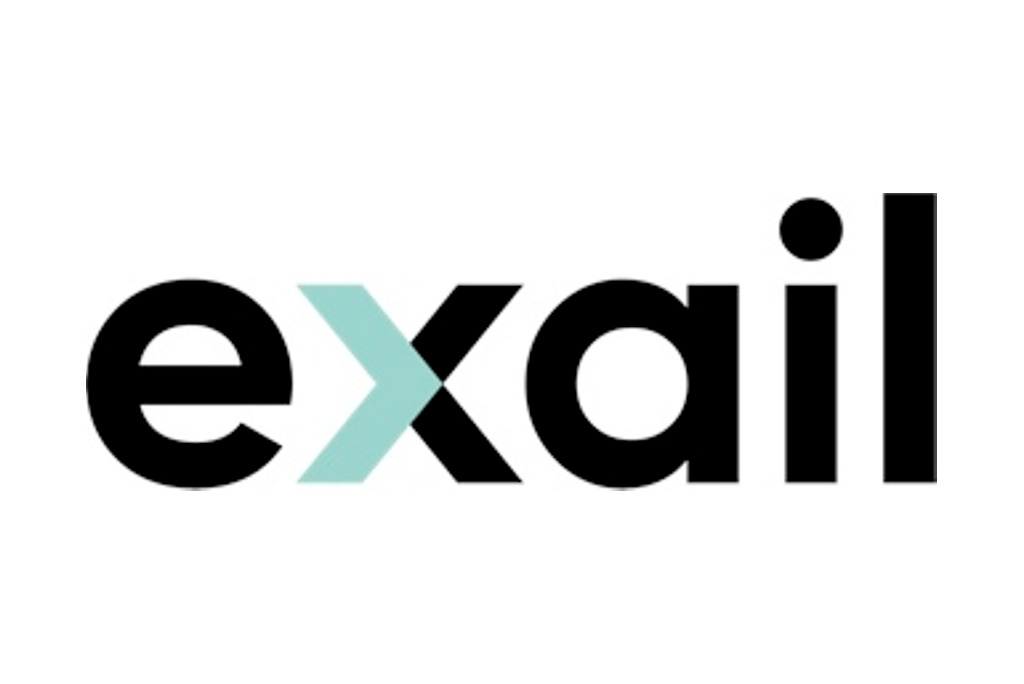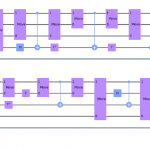Quantum News Briefs: April 25, 2024: News From the European Commission • NIST • Exail and Lawrence Livermore National Laboratory • Oxford Instruments and the University of Bristol

Quantum News Briefs: April 25, 2024: press release summaries below:
New Horizon Europe Funding Boosts European Research in AI and Quantum Tech

The European Commission has unveiled a new €112 million funding initiative under Horizon Europe, focused on fostering advancements in artificial intelligence (AI) and quantum technologies. This initiative includes a €50 million investment to enhance large AI models by integrating various data modalities to develop generative AI systems capable of processing multimodal data. Additionally, €15 million will be allocated to improve the transparency and robustness of AI technologies, aligning with the EU’s commitment to human-centric AI. In the quantum sector, the initiative will invest €40 million to support cutting-edge research and establish a network of quantum gravimeters across Europe to significantly advance precision in various fields. The funding also includes efforts to boost transnational quantum research by €15 million and to promote European leadership in global ICT standardization by €6 million. An additional €1.5 million is earmarked to explore Digital Humanism to ensure that technology reflects European values and standards.
NIST Scientists Modify Common Lab Refrigerator to Cool Faster With Less Energy
Researchers at the National Institute of Standards and Technology (NIST) have developed a novel prototype refrigerator that dramatically reduces the time and energy needed to cool materials to near absolute zero temperatures. This innovation is poised to benefit the rapidly growing quantum industry, which relies heavily on ultracold conditions. By optimizing a pulse tube refrigerator—a type commonly used in quantum research and other fields—the team has improved the device’s efficiency, potentially saving an estimated 27 million watts of power and $30 million in global electricity costs annually. Furthermore, their method could save enough water to fill 5,000 Olympic-sized swimming pools. NIST is collaborating with an industrial partner to commercialize this technology, which promises to significantly accelerate research and reduce infrastructure demands in quantum computing and other areas reliant on ultracold environments.
Exail signs Lawrence Livermore National Laboratory contract to provide key components for the National Ignition Facility

Exail has signed a contract with Lawrence Livermore National Laboratory (LLNL) in California to supply over 60 dual-stage modulators for the National Ignition Facility’s (NIF) High-Fidelity Pulse Shaping (HiFiPS) system, enhancing the precision of pulse shapes delivered by NIF’s 192 laser beams. These near-infrared intensity modulators, critical for balancing power and controlling symmetry in implosions, mark Exail’s second significant contribution to NIF, following their previous provision of radiation-resistant multimode graded-index fiber. This fiber has proved essential for monitoring laser performance without degradation from radiation, enabling better control and understanding of laser delivery in critical fusion ignition experiments. The partnership reflects the application of telecom industry advancements in laser technology, promising significant improvements in NIF’s capabilities and performance.
University of Bristol Physics Professor Dr. Shuqiu Wang wins 2024 Nicholas Kurti Science Prize
Dr. Shuqiu Wang, Assistant Professor in Physics at the University of Bristol, has been awarded the 2024 Nicholas Kurti Science Prize by Oxford Instruments. The award recognizes her pioneering work in the atomic-scale visualization and identification of electronic structures in p-wave topological superconductors at millikelvin temperatures. Her research, which utilizes cutting-edge experimental setups combining dilution refrigerators with scanning tunneling microscopes, has significantly advanced the field of unconventional superconductivity. Dr. Wang’s work has notably led to the identification of a new quantum state in the spin-triplet superconductor UTe2, potentially contributing to a unified theory of high-temperature superconductivity. Her contributions to low-temperature physics are expected to have profound implications for developing quantum computing technologies. Dr. Wang, who has a distinguished academic career, including positions at the University of Oxford and Cornell University, expressed her gratitude for the recognition, highlighting the support from her advisors and colleagues throughout her research journey.





















